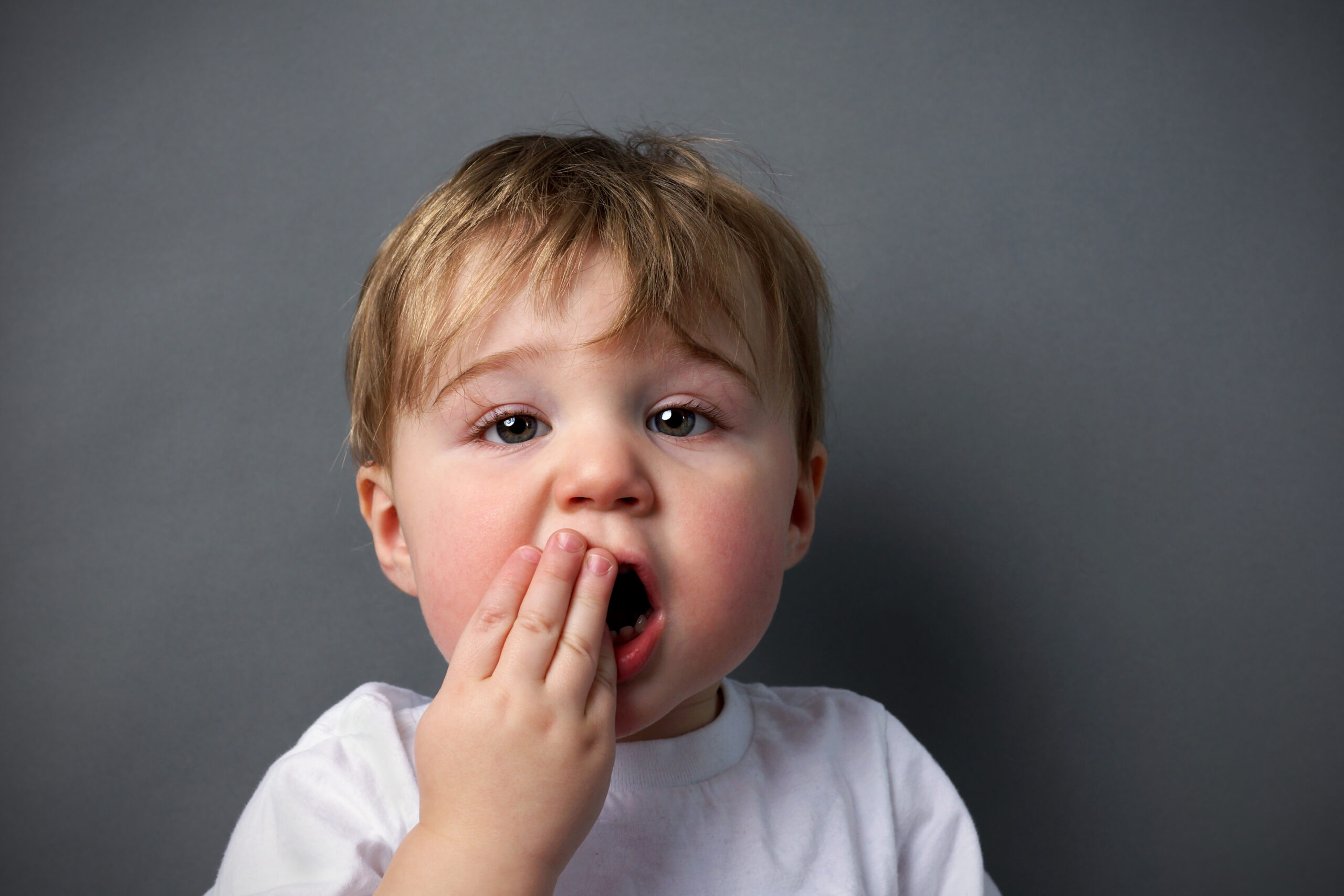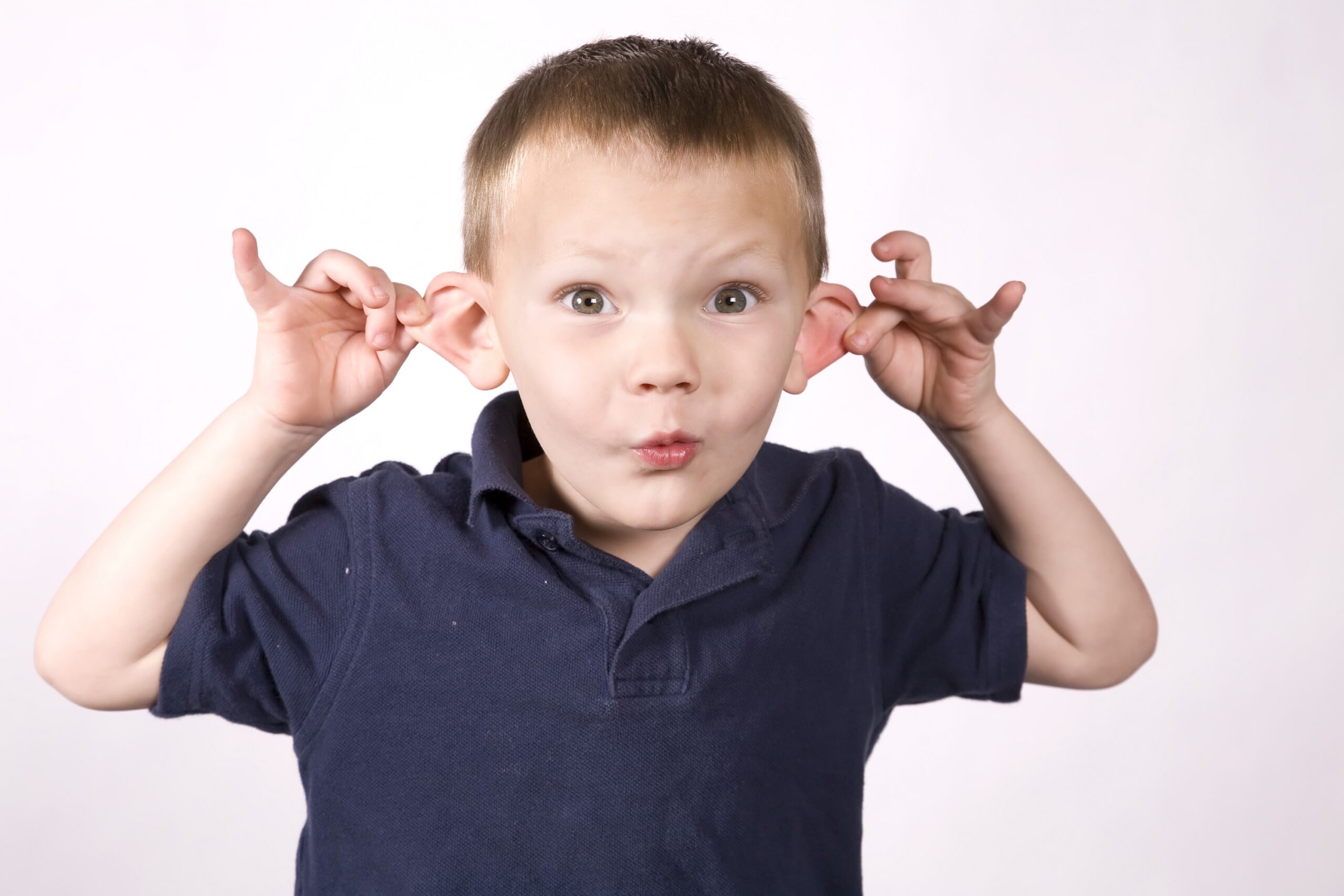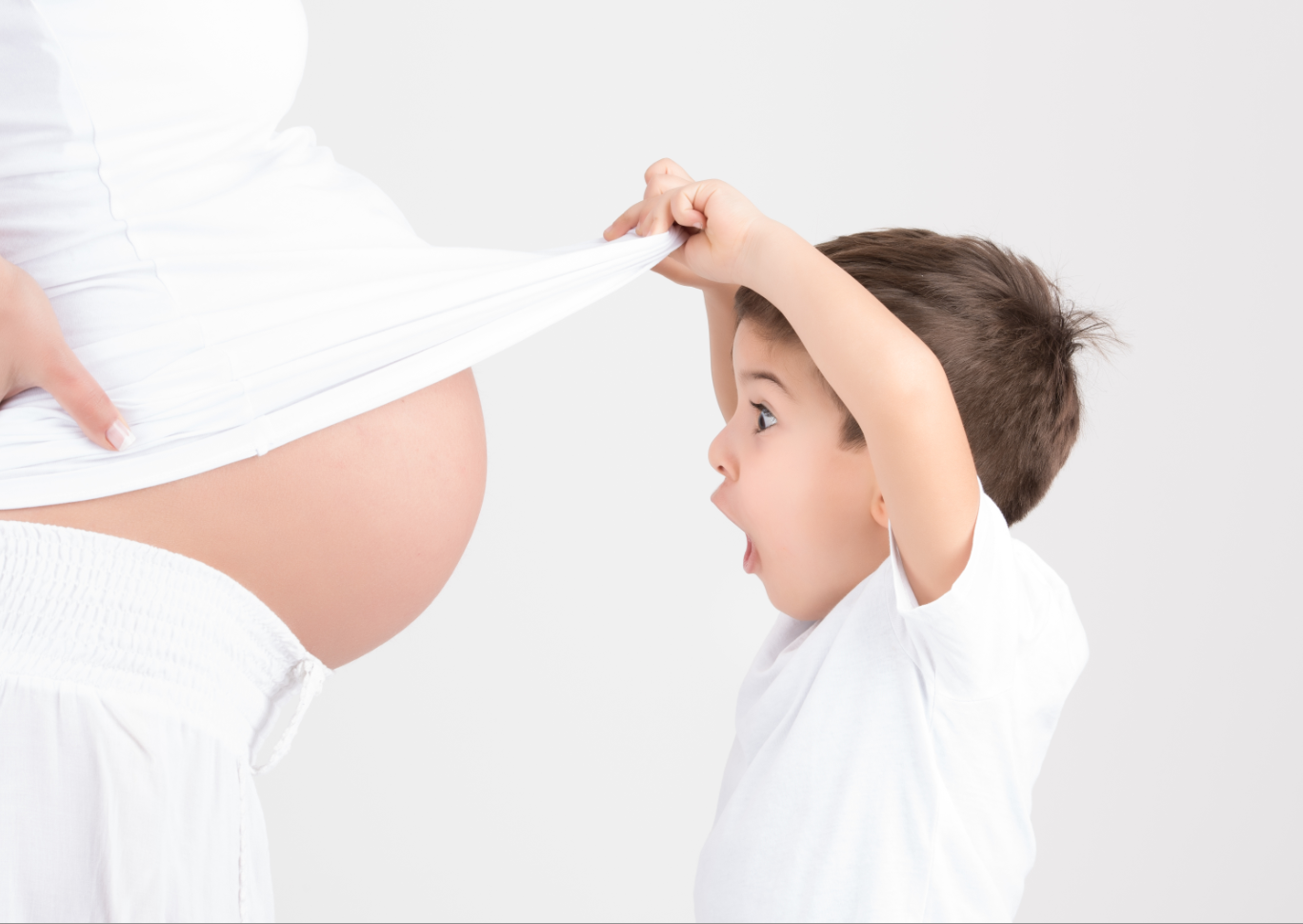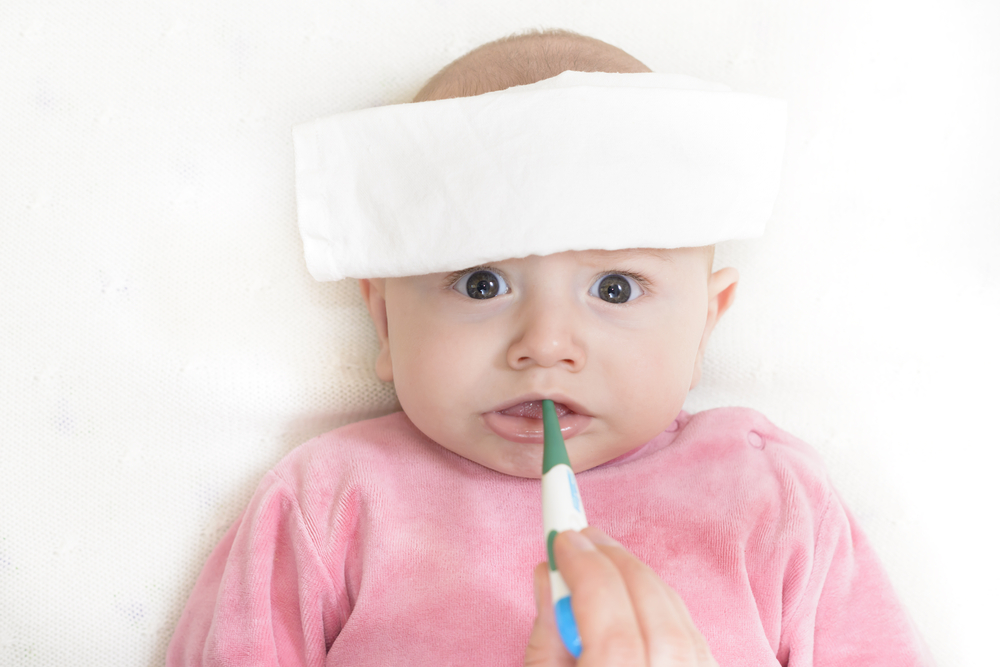At least half of all kids will damage a baby tooth by falling. And 99% of those will occur on Christmas Eve, Easter or any other time dentist offices are closed. I got a text message from a friend a few years ago on Christmas Eve after her daughter hit her front tooth. She was worried that the tooth would fall out and she’d be staring at a prize-fighter-looking baby for the next 3 years.
Don’t worry about the cosmetic effect of a damaged baby tooth – your effort is better spent worrying about how the injury will affect the permanent tooth beneath it. If the baby tooth hits the forming adult tooth, a disruption in the outside enamel or deep pulp can leave a white or yellow-brown discoloration that will appear when that adult tooth eventually comes in.
Baby teeth can be pushed into the gum, pushed backward, chipped or even have what dentists call a ‘concussion’ (an injury to the tooth supporting structures causing tenderness, but no visible damage to the tooth). Most of the time these injuries will fix themselves; a loose tooth will tighten up by itself very quickly, bruised gums will heal and you don’t need to do anything at all. If a baby tooth comes out completely, don’t put it back in the socket. The permanent tooth is sitting right up under the gum and you don’t want to risk damaging this developing structure when you shove a tooth back into the socket.
Knocked out a permanent tooth?
When your child has a tooth or gum injury they will need to see a dentist who will do whatever they can to protect the underlying permanent teeth. Many children with dental injuries will also have tongue or mouth lacerations. These also rarely need intervention. The only time a cut would need stitches is if the wound flaps around when a child speaks or eats. And be advised that when cuts heal inside the mouth they will be covered with a white gooey tissue that is the equivalent of a scab on healing skin. It just looks way grosser – but it is not an infection.
You should start your child’s dental visits at age one as recommended by the American Academy of Pediatrics in part to establish a relationship with a dentist. If your child has a dental injury you’ll be glad you have a dentist to call. Pediatric dentists will also answer your questions and keep you on track about teething issues, thumb-sucking and will tell you when you need to stop the pacifier to prevent a badly shaped arch.










This is great information for everyone, not just toddlers! Thank you for your blog.